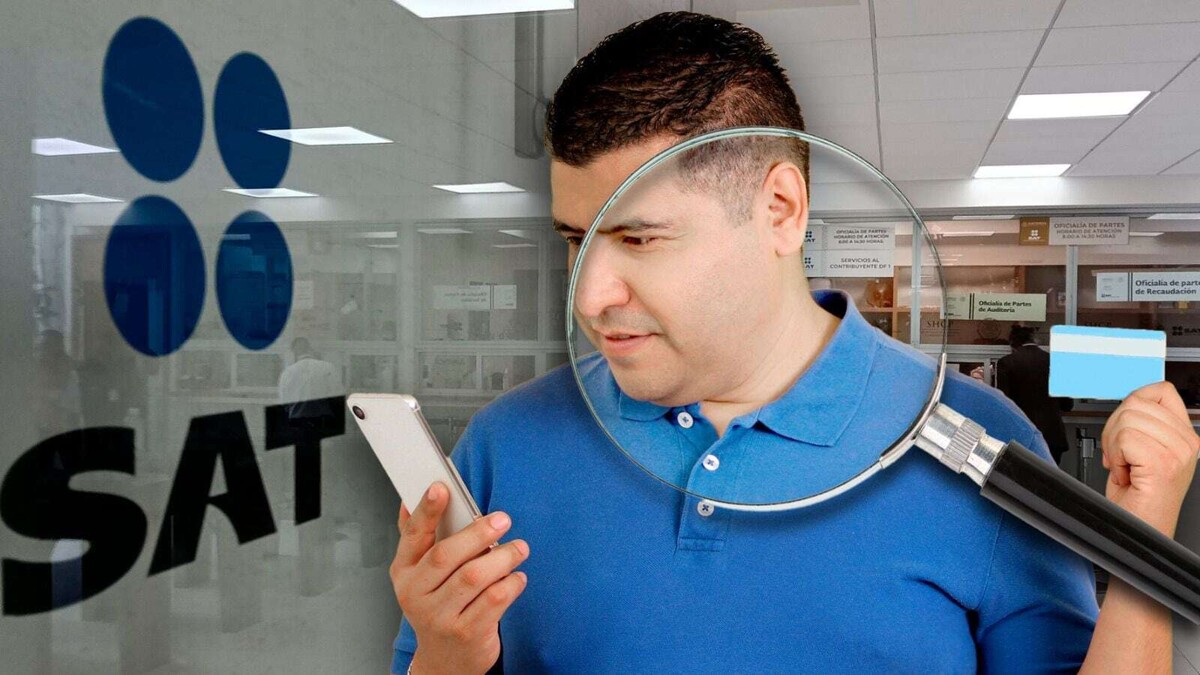
Borrowing money from family and friends is a common practice, but should you report those electronic transfers to the Tax Administration Service (SAT)? For legal entities, the obligation to report loans and contributions for capital increases arises when these amounts exceed 600,000 pesos. The Income Tax Law (LISR) states that such reporting must be done within 15 days of receiving amounts greater than that figure.
In this regard, Article 76, Section XVI, of the LISR indicates: 'Inform the tax authorities ... of the loans, contributions for future capital increases, or capital increases received in cash ... greater than $600,000.00.' It is important to keep in mind that, according to Article 90, second paragraph, loans are not considered income, but must be reported in the annual declaration if they exceed 600,000 pesos.
If these loans are not reported, the taxpayer could face fines ranging from 50% to 75% of the value of the deposit, in addition to surcharges and economic penalties ranging from 1,400 to 34,730 pesos, depending on the undeclared amount. It is essential to remember that deposits, whether in cash or through electronic transfers, are reported to the SAT by the bank if they exceed 15,000 pesos in a single day, as established in the 2022 Tax Miscellany.
It is important to be aware that certain financial transfers may attract the SAT's attention, even if they do not imply tax evasion. Unusual or disproportionate financial activities in relation to regular income can trigger alerts. Maintaining an orderly tax situation implies that economic transactions correspond to declared tax obligations, which avoids potential reviews by the SAT.














